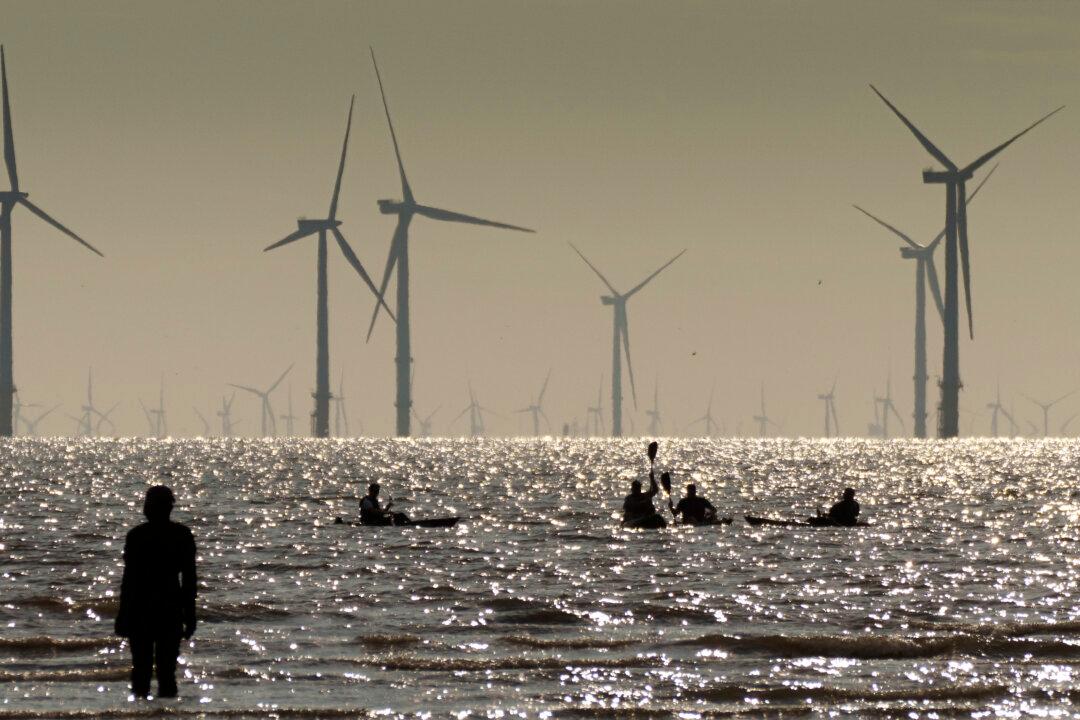Funding challenges and rising costs are slowing down Europe’s offshore wind industry, with major players scaling back investments amid financial strain.
Despite record public and private investment, strong government support, and locked-in climate laws, analysts say the sector is struggling with supply chain pressures and rising interest rates, which are undermined by underpriced contracts from previous years.





